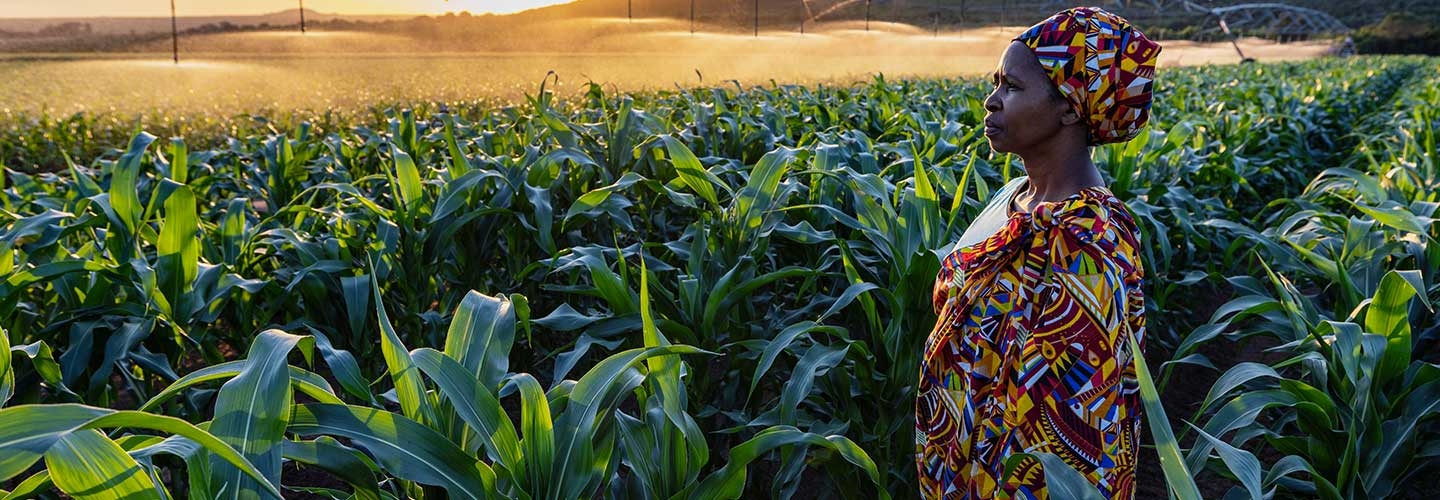With the recent election of Donald Trump for a second term as President of the USA, there is much uncertainty about how the result will affect global economic policy and individual national economies. This is a valid concern, as the US is the world’s most powerful single economy and a major trading partner for many countries, including South Africa.
The implications of Trump’s victory have had an impact on trade policy, currency stability, and investment flows. We are also seeing potential geopolitical shifts that will have major consequences for the South African economy.
A very important factor will be the agility and flexibility of SA’s response to the volatility that is already characterising Trump’s second administration. But what should we be looking out for, as an emerging-market economy?
AGOA and South African exports
The African Growth and Opportunity Act (AGOA) is probably the most important single aspect of trade relations between the US and Africa, enabling duty-free access to American markets for eligible African countries, including South Africa. Although the US under Trump has not yet targeted or changed AGOA’s provisions, trade tariffs have been prominent in his administration's early economic policy statements. AGOA may well be affected by this, which is a concern as it has bolstered South African exports, particularly in agriculture, textiles, and manufactured goods.
Interest rates and monetary policy
Trump’s exceptionalist focus on US trade is putting pressure on the US Federal Reserve to lower interest rates to stimulate the American economy. While it’s too early to say what impact such an approach will have on markets, it would depend on the effects of these policies on the US dollar. If volatility results in capital flows to higher-yielding emerging markets like SA, then the rand will strengthen.
Volatility is the element that has most defined the second Trump administration so far
On the other hand, if Trump’s policies lead to dollar strength, it could drive up SA’s import costs and lead to the rand becoming even more volatile. Any rand depreciation against the dollar puts inflationary pressure on our economy. There is a danger that Trump’s early evidence of a more isolationist economic policy might cause some capital flight from emerging markets like ours, which will damage investment in key sectors and make job creation a bigger challenge.
Existing investment programmes
Healthcare is an area where stable US investment has had significantly positive outcomes. US funding for global health initiatives, such as the President’s Emergency Plan for AIDS Relief (PEPFAR), play a significant role in shaping public health outcomes in South Africa.
PEPFAR also has several downstream programmes and associated NGOs in the sector whose work has been affected by Trump’s immediate suspension of these programmes. Not only do these suspensions hinder progress in addressing health crises like HIV/AIDS, but they will also have a direct impact on SA’s workforce productivity, employment and overall economic performance.
Political influence and foreign policy
The US has the most powerful military in the world and American companies own major investments in many economies – so its foreign policy has considerable impact, especially on emerging markets. Trump has already established his aggressive, hawkish approach to foreign policy.
SA’s position in the current scenario is delicate, with Trump looking to close borders and increase confrontation with China and certain Middle Eastern countries, among others. Our membership of the BRICS bloc could work both ways, but the Trump administration’s official relationship with Russia is not yet that clear-cut.
Foreign direct investment
SA’s resource-rich economy gives us the opportunity to attract more foreign direct investment (FDI) from the US, particularly as Trump’s stance seems to be focused on the continued and even expanded consumption of fossil fuels. One result of this stance could be lower global oil prices, which may reduce our import costs. Much of the potential investment from the US in the next few years may depend on our trade relations with China, which is already a major trading partner.
Volatility is the element that has most defined the second Trump administration so far. The ability of the US to stabilise its own monetary policy and trade approach will have a big influence on investor sentiment towards emerging markets like ours. A protectionist stance from America, with a focus on establishing a stronger dollar, could cause problems in the political and economic relationships between SA and the US.
Consult Nedbank to learn more about your options in foreign investment or business import and export, in light of the changing global political picture.




